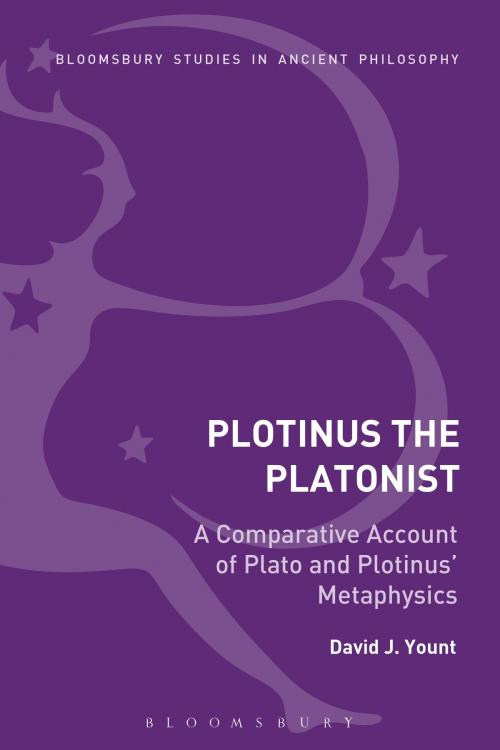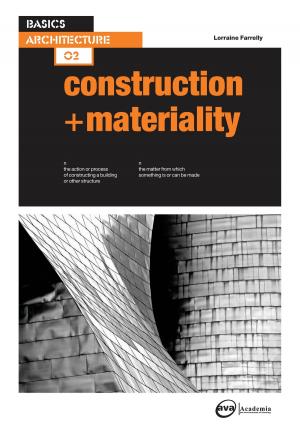Plotinus the Platonist
A Comparative Account of Plato and Plotinus' Metaphysics
Nonfiction, Religion & Spirituality, Philosophy, Metaphysics, Ancient| Author: | David J. Yount | ISBN: | 9781472575234 |
| Publisher: | Bloomsbury Publishing | Publication: | October 23, 2014 |
| Imprint: | Bloomsbury Academic | Language: | English |
| Author: | David J. Yount |
| ISBN: | 9781472575234 |
| Publisher: | Bloomsbury Publishing |
| Publication: | October 23, 2014 |
| Imprint: | Bloomsbury Academic |
| Language: | English |
In this insightful new book David J. Yount argues, against received wisdom, that there are no essential differences between the metaphysics of Plato and Plotinus. Yount covers the core principles of Plotinian thought: The One or Good, Intellect, and All-Soul (the Three Hypostases), Beauty, God(s), Forms, Emanation, Matter, and Evil. After addressing the interpretive issues that surround the authenticity of Plato's works, Plotinus: The Platonist deftly argues against the commonly held view that Plotinus is best interpreted as a Neo-Platonist, proposing he should be thought of as a Platonist proper.
Yount presents thorough explanations and quotations from the works of each classical philosopher to demonstrate his thesis, concluding comprehensively that Plato and Plotinus do not essentially differ on their metaphysical conceptions. This is an ideal text for Plato and Plotinus scholars and academics, and excellent supplementary reading for upper-level undergraduates students and postgraduate students of ancient philosophy.
In this insightful new book David J. Yount argues, against received wisdom, that there are no essential differences between the metaphysics of Plato and Plotinus. Yount covers the core principles of Plotinian thought: The One or Good, Intellect, and All-Soul (the Three Hypostases), Beauty, God(s), Forms, Emanation, Matter, and Evil. After addressing the interpretive issues that surround the authenticity of Plato's works, Plotinus: The Platonist deftly argues against the commonly held view that Plotinus is best interpreted as a Neo-Platonist, proposing he should be thought of as a Platonist proper.
Yount presents thorough explanations and quotations from the works of each classical philosopher to demonstrate his thesis, concluding comprehensively that Plato and Plotinus do not essentially differ on their metaphysical conceptions. This is an ideal text for Plato and Plotinus scholars and academics, and excellent supplementary reading for upper-level undergraduates students and postgraduate students of ancient philosophy.















